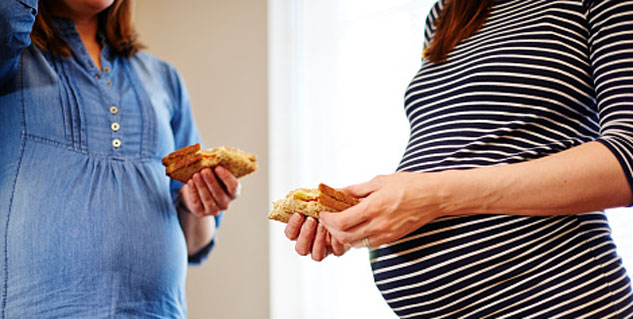
According to a new research study, the average maternal nutrition in India is not only worse than what it is in sub-Saharan Africa, but the women are also, on an average, poorer and less educated. Also, the women in India have a higher fertility rates.
According to the study, about 42.2 percent of Indian women are below the average weight at the time of pregnancy i.e. close to seven percentage points higher than the figure of 35.5 percent as cited in the National Family Health Survey and 25 percentage points higher than the figure for sub-Saharan African women.
The study was published on the second of this month in the Proceedings of the National Academy of Sciences. It highlighted another significant aspect of discrimination against Indian women.

The findings are hopeful of giving a wake-up call about maternal nutrition in India. The health of the children in India is one of the most important steps to ensure well-being of the society and that it must be given adequate importance right in the beginning of pregnancy.
Those infants whose mothers do not weigh enough at the time of their birth tend to die in the first month of life. Those infants who are born to undernourished mothers are highly likely to have low birth weight and this is associated with height as well as health during childhood and adulthood and cognition and economic productivity.
The study uses different econometric statistics to explain the problem of maternal nutrition in India. Even though NFH-3 puts a high percentage of women between the age of 15 and 49 years of age at 35.5, this is said to be average for adult women. Pregnancy in India is concentrated between the ages of 18 and 25, which are also the ages at which most women are underweight. The analysis of the study found that only 16.5 percent of women of the sub-Saharan African sample are underweight before they get pregnant and the average pregnancy body mass index among African women is 21.5, which is 2 BMI points higher than women in India, which stands at 19.5.
Weight gain at the time of pregnancy has been found to be another significant indicator of maternal nutrition. It also established whether it is possible for women in India to compensate for pre-pregnancy deficits.
Read more Health News.
Article courtesy: business-standard
Image courtesy: Getty
How we keep this article up to date:
We work with experts and keep a close eye on the latest in health and wellness. Whenever there is a new research or helpful information, we update our articles with accurate and useful advice.
Current Version